From the B&H through Natwest to Royal London: The slow and sorry decline of cricket's one-day cup
In the nineties, English cricket’s one-day showpiece finals symbolised all that was good about the domestic game. But now it has come to be seen as the poor relation

“It actually got to the point where I was embarrassed to go out, everyone would be pointing at me when I did. I said to my wife I would rather just stay at home.”
It’s 24 years since the defining moment of Asif Din’s career – a century against Sussex in the NatWest Trophy final of 1993 – but his 104 in a remarkable run chase at Lords is still discussed whenever the subject of great domestic one-day innings arises.
The bespectacled Din – who managed to win sponsorship from a contact lens firm after his Lords knock – is one of the best illustrations of what English cricket’s showpiece finals were often about. Namely, giving journeyman cricketers their day in the sun. They were also an opportunity for a raucous max exodus from the counties involved, with the packed houses at Lords for both the Benson and Hedges and NatWest (and previously the Gillette Cup) finals symbolising all that was good about the domestic game.
And although the prize money on offer was paltry by modern comparisons, there were plenty of perks for those involved.
“The players got free fags - PJ Bakker and Stephen Jeffries couldn’t believe their luck,” says Jon Ayling, the former Hampshire all-rounder who picked up three winners medals in just five years with Hampshire between 1988 and 1993.
“To be part of the county’s first final (against Derbyshire in the B&H Cup in 1988) was surreal. I’ll never forget the roar from the crowd as walked on to the pitch. The atmosphere was absolutely electric.”
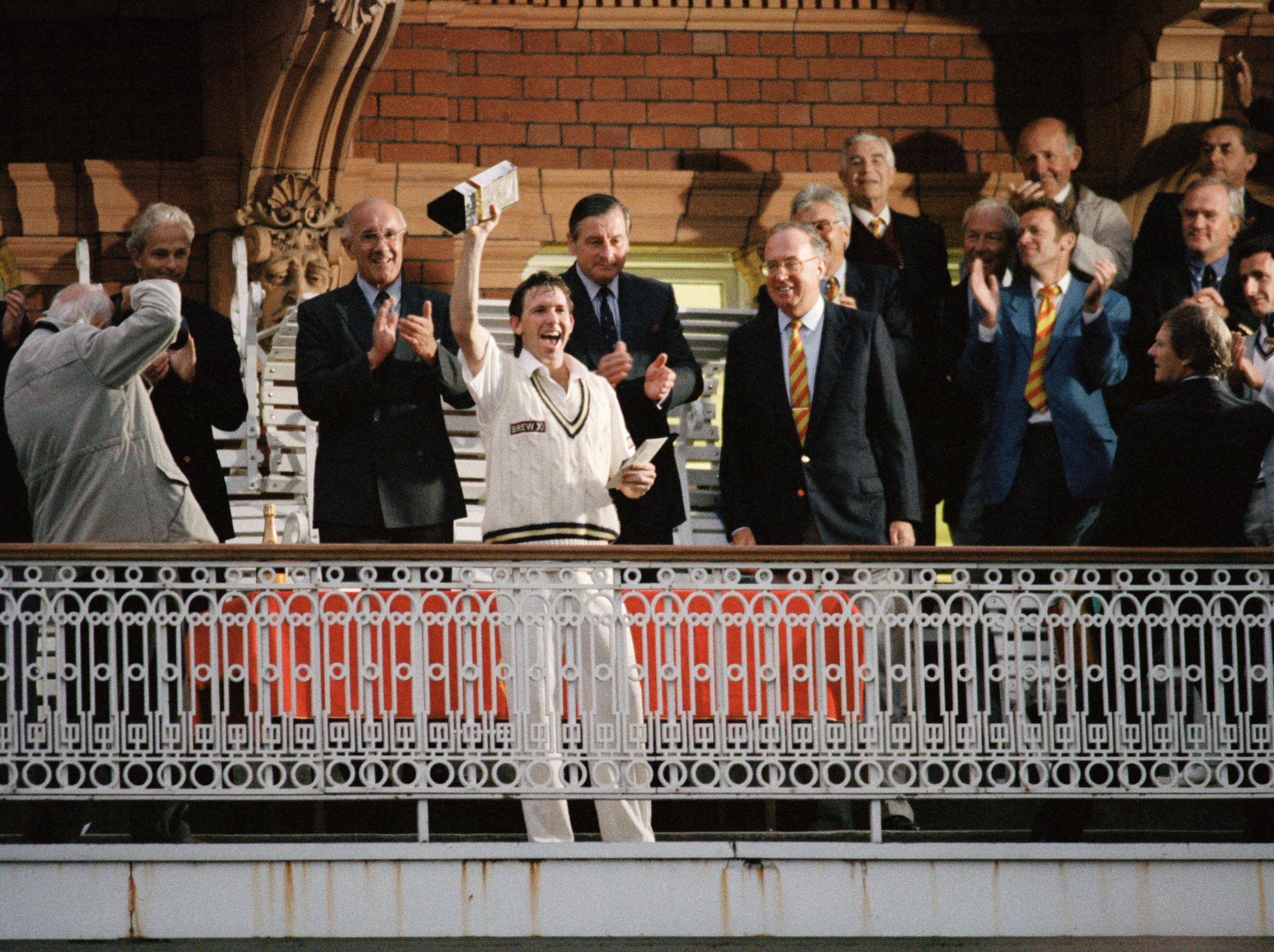
The presence of Surrey in this season’s Royal London Cup Final on Saturday will ensure a sizeable crowd but it’s safe to say that in an era dominated by the England team and Twenty20 cricket, the 50-over final is very much the poor relation.
When Durham won the one-day cup in 2014, Lords was barely half-full. The following year, 17,000 were in the ground to see Gloucestershire claim their first one-day trophy in 11 years. Respectable, but nowhere near the packed houses that greeted teams for both competitions in their heyday.
The last B&H Cup Final was played between Essex and Warwickshire in 2002. The final NatWest Trophy in the 60 over guise with which it was synonymous was played in 1998.
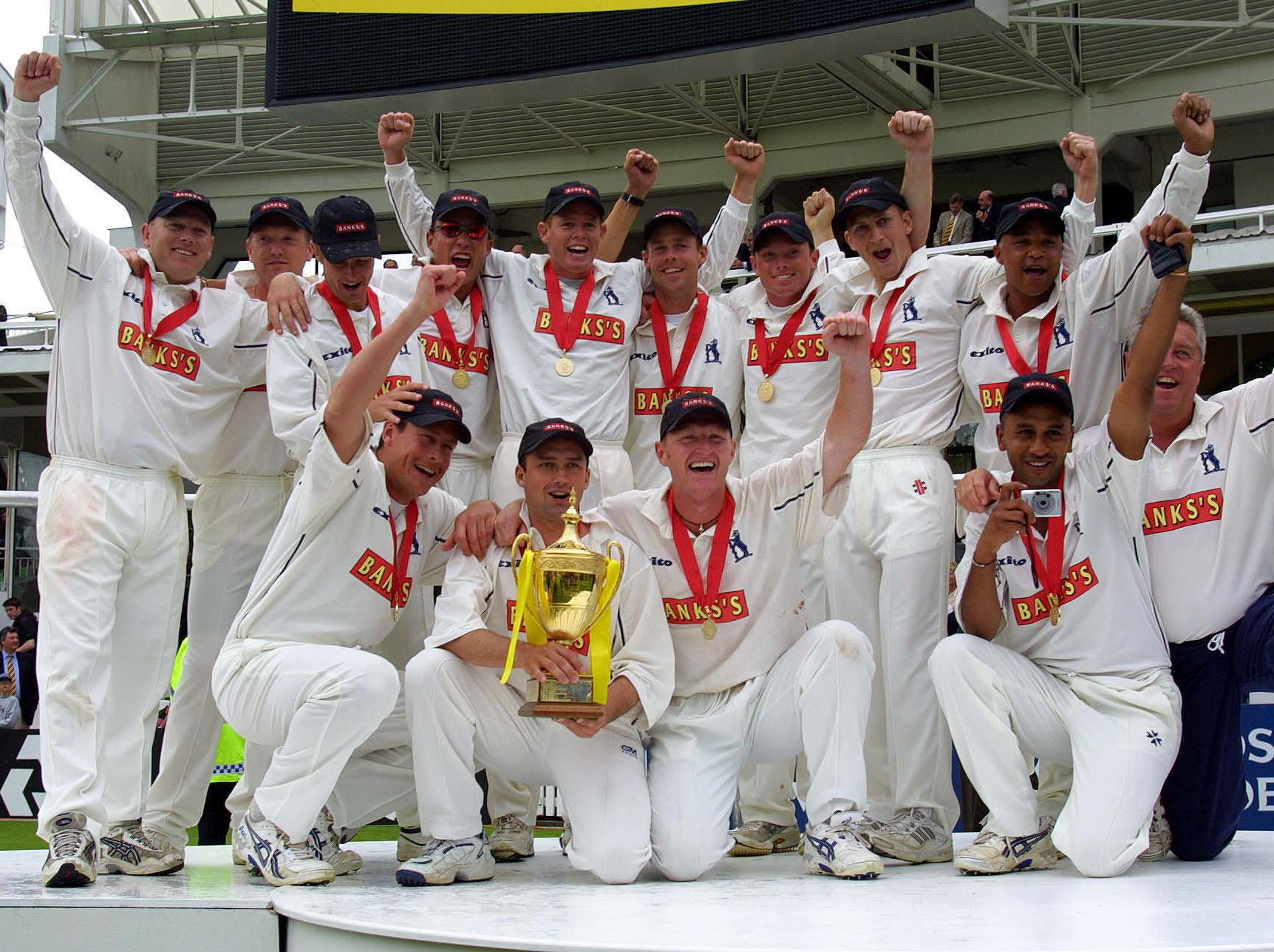
In the years that have followed, the timing and duration of the final has been tinkered with relentlessly.
Whereas English cricket once had two events that captivated the interest of county supporters across the country, it’s arguable if it now has one.
“These finals were the highlight of my career and they were to most of the run-of-the-mill county players who were fortunate enough to play in them – especially if you won,” says Ayling. “Recently, as a coach at Hampshire I did sense that the shine was becoming lost.”
Ask Mike Watkinson, the former Lancashire captain, how many one-day finals he played in and you’ll be met with a quizzical look.
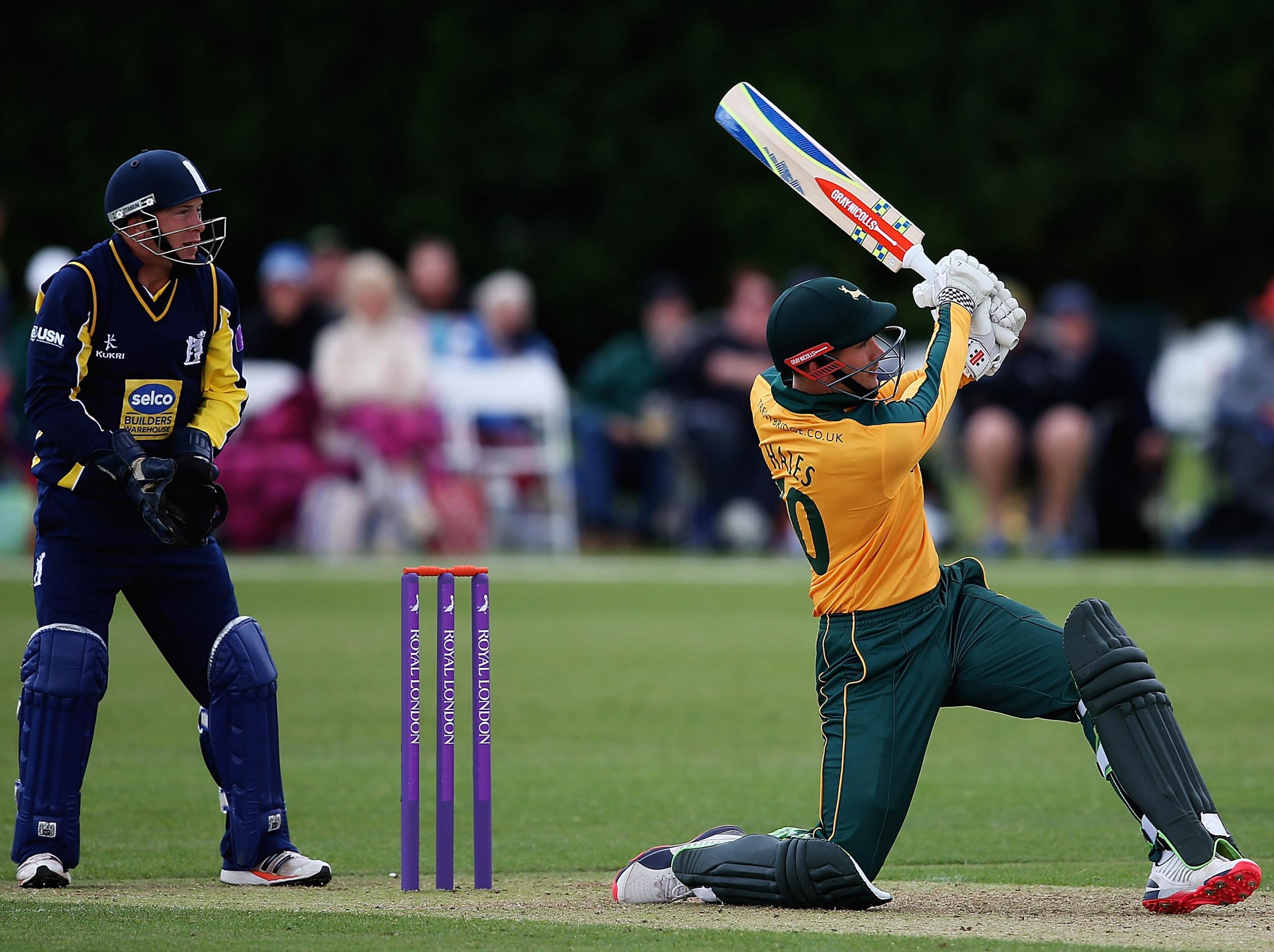
“That’s a question,” he says. “I think it’s 10, maybe 11. I reckon Warren Hegg and Neil Fairbrother would have played in a similar number but there can’t be many others who can match that tally.”
Watkinson picks out the 1990 B&H Cup final as one of the highlights of his career after winning the man of the match award in a showdown against Worcestershire that pitted the likes of Wasim Akram and Mike Atherton against Ian Botham and Graeme Hick. It’s the build-up to Lancashire’s big days as much as the matches themselves, though, that stick in his mind.
“Yes the Championship was the Holy Grail but that just ran in the background,” he says.
“A day out at Lords was a fantastic thing. In the 80s we all got a new suit, we all stayed at the hotel across the road (from Lords) and we had our old secretary pin a red rose on that suit. To travel to a ground the day before a match didn’t happen in those days. It was something very different. Something very special. We would turn up at the ground on the Saturday morning, suited and booted and see the queue of MCC member snaking around the perimeter waiting to get in.”
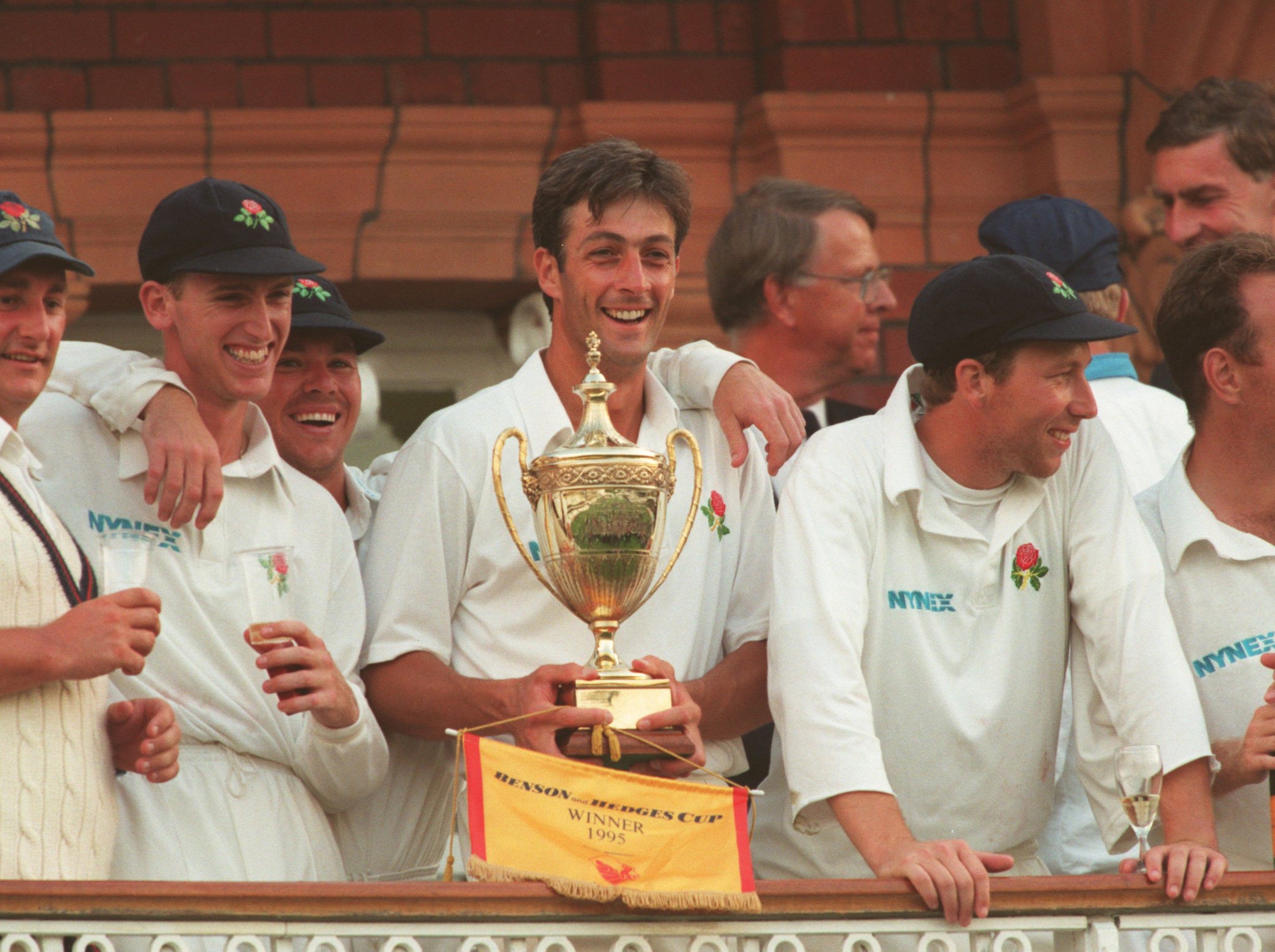
Long gone is the certainty that typified English cricket’s (admittedly crazy) schedule throughout the 1970s and 80s, when the two one-day trophies were the standout dates in the domestic calendar.
“They were like the FA Cup final,” says Steve Oldham. “I managed to get injured the week before the NatWest final in 1981 (when Derbyshire beat Northamptonshire by virtue of losing fewer wickets) and I was devastated. I damaged my rib bowling a bouncer to John Barclay at Eastbourne and although I had an injection to try and get me on the park, it was a non-starter. I was 12th man at Lords and missing out on that match was heart-breaking.”
Looking back now, the scoring rates were positively snail-like but no-one was grumbling about the entertainment.
“Our chase in 1993 was pretty extraordinary,” says Din. “Back then anything over 300, even off 60 overs, was considered a huge score. For us to get over the line off the last ball was an amazing achievement. Imagine how many runs teams would get off 60 overs now? You’d be chasing almost 500 every week. Back then, what we did was seen as being a heroic effort.”
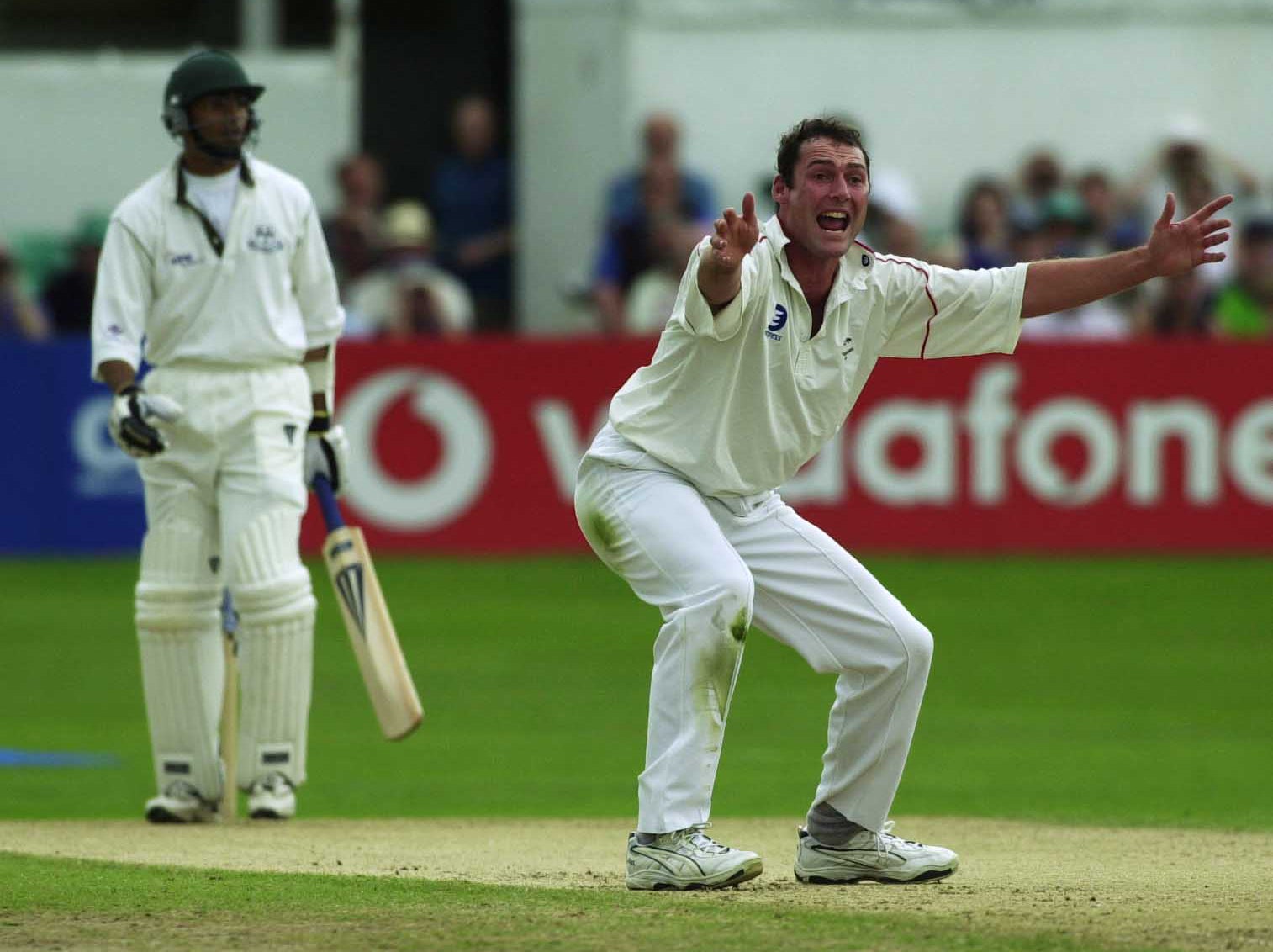
Whereas one-day finals gave players like Din their moment in the sun, they also became the stuff of nightmares for others.
Scott Boswell is the perfect example, with his 14 ball over in the 2001 C&G Cup Final effectively ending his career in first class cricket. The ex-Leicestershire seamer was so traumatised by his experience that he didn’t talk about his experience for a decade. His nightmare has been viewed thousands of times on YouTube under the title ‘The Worst Over Ever’.
While the Lords final humbled Boswell, others used it as the platform for launching their career.
Mark Ramprakash was just 18 when his expertly crafted 56 helped Middlesex to a NatWest Trophy triumph over Worcestershire. Robin Smith, meanwhile, butchered Derbyshire’s bowling in the 1988 B&H final and found himself in the England side the following week.
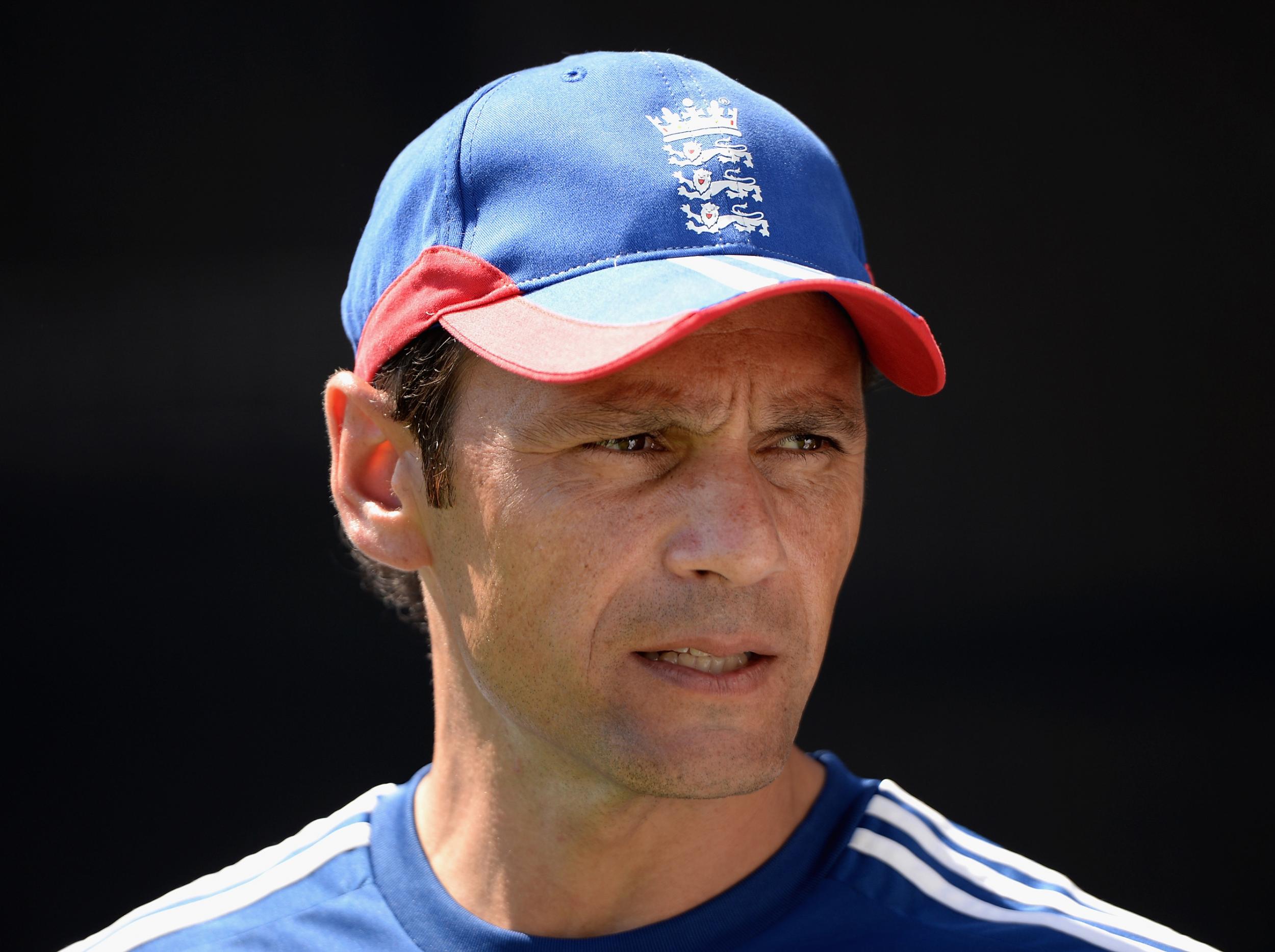
Din would never get close to international honours but his performance 24 years ago still makes him an instantly recognisable figure in Birmingham.
“People still want to talk about, still want to shake my hand and thank for me that hundred,” he laughs. “I’m not sure the finals now have the same meaning.”
The free fags, like the full houses, are thing of the past. And with another T20 competition in the offing, the question now is whether remaining one-day trophy may also soon be going up in smoke.
Join our commenting forum
Join thought-provoking conversations, follow other Independent readers and see their replies
Comments
Bookmark popover
Removed from bookmarks